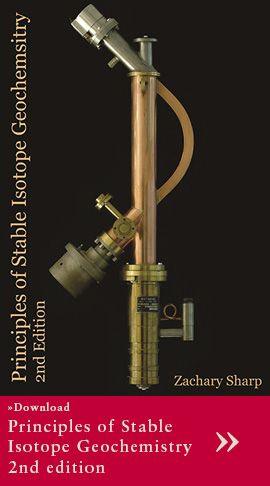Gut microbiota are now recognized as important contributors to the diet and overall fitness of most animals for many reasons. These microbial communities often metabolize compounds that their host species cannot, and they contribute essential compounds needed for homeostasis and reproduction, particularly for organisms that experience seasonal or pesistent protein limitation. To date, most studies have focused on how gut microbes influence carbohydrate metabolism of their host, especially... read more
Faculty Research
Post date: Monday February 15, 2016
Post date: Monday February 15, 2016
Energy availability has long been recognized as a predictor of community structure. However, causal relationships between energy availability and community structure remain unclear. Wood-fall communities in the deep sea are an ideal test system for many theories about community assembly and energetic theory for three reasons. First, the amount of energy available to the community can be precisely manipulated in the form of wood mass. Second, flows of energy from wood through the community... read more
Post date: Wednesday May 27, 2015
The hydrogen isotopic composition (δ2H) of animal tissues has become as a valuable tool in the investigation of animal movements and the study of habitat use. The biochemical foundation needed for animal ecologists to confidently apply δ2H analyses to ecological problems has yet to be adequately revealed. This project will uncover some of the fundamental underpinnings of δ2H in tissues of vertebrates. New methods developed by the PIs to analyze compound-... read more


